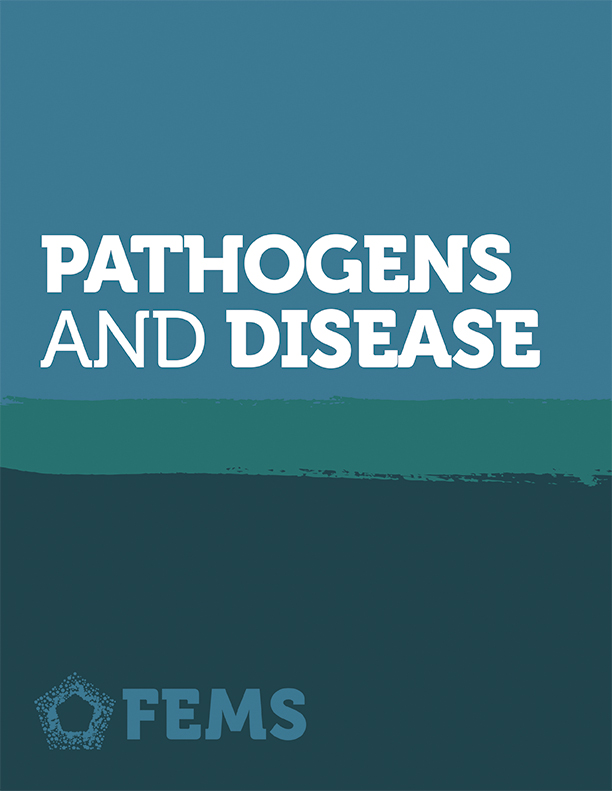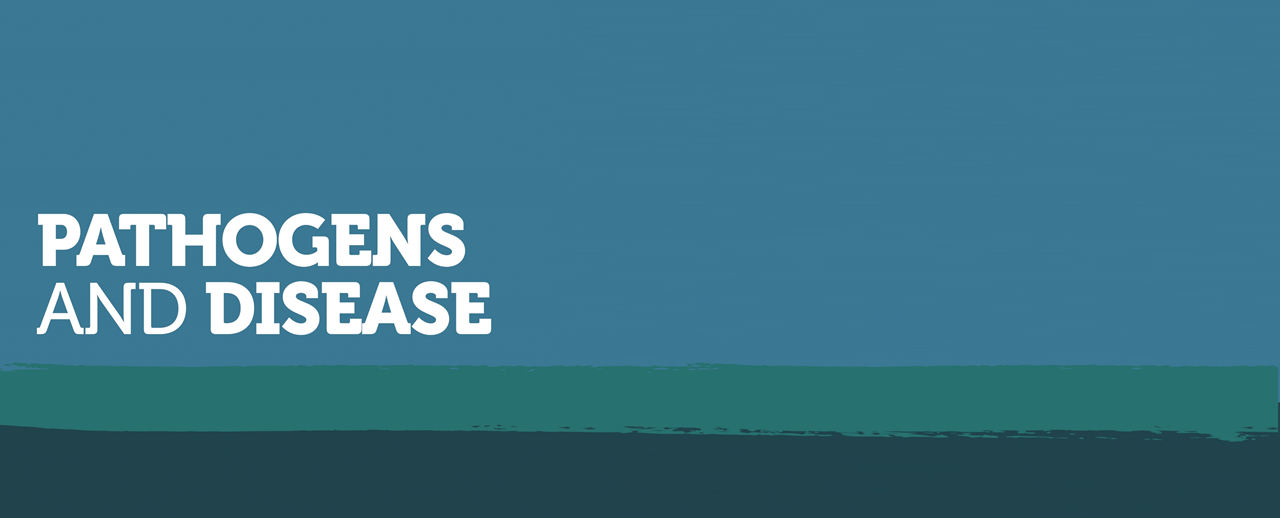Meet the Editor-in-Chief of Pathogens and Disease: Prof. Gad Frankel
20-02-23
We are proud to announce that Prof. Gad Frankel is joining as the fourth Editor-in-Chief of our Journal Pathogens and Disease. Prof Frankel is based as the Imperial College London in the UK and specializes in molecular pathogenesis of gram-negative bacterial pathogens and antimicrobial resistance.
We had the pleasure to interview Prof Frankel and find more about his expertise and vision as Editor-in-Chief of Pathogens and Disease:
Could you describe your science journey in getting to where you are today?
I received my PhD in Genetics/Virology from the Hebrew University of Jerusalem. I have done my postdoctoral training at Stanford University, where I shifted my focus from viruses to pathogenic bacteria. After my postdoc I spent two and a half years at the Weizmann Institute, before accepting a position at Imperial College London, first as a Research Associate and from 1998 as a group leader. I was promoted to Reader in 2000 and to full professor in 2002.”
What interests you the most and what are you currently working on?
I am interested in pathogen:host:microbiome interactions, spread of antimicrobial resistance genes by conjugation and non-antibiotic therapies to bacterial infections. My lab studies mechanisms of infections with both gut (E. coli and Citrobacter rodentium) and lung (Klebsiella pneumoniae) pathogens. We combine large data (e.g. proteomics) and computational sciences with structural biology, cellular microbiology, and immune responses to infection. We use robust and physiological animal models to study pathogenesis in the host. We also use contemporary approaches to study the dissemination of resistance plasmids amongst bacterial species.”
What inspired you to get involved with the Pathogens and Disease journal.
I have always liked society journals, be it in Europe of the USA. When I was asked to join the Pathogens and Disease team, I had no hesitations in accept the invitation. My hope is that I would be able to contribute to the success of the journal and to promote FEMS.”

How do you see this field developing in the future?
Recent technological and computational advances open tremendous opportunities in the field of infectious biology. Moreover, the COVID-19 pandemic and the rapid spread of antimicrobial resistance put viral and bacterial infections at the centre of policy makers and the public. In addition to technologies to track infections and pathogen evolution, new therapeutics and vaccine technologies, as well as AI advances (e.g. for modelling structures of putative pathogenic gene products) will transform how we study, treat and prevent infections.”
–
